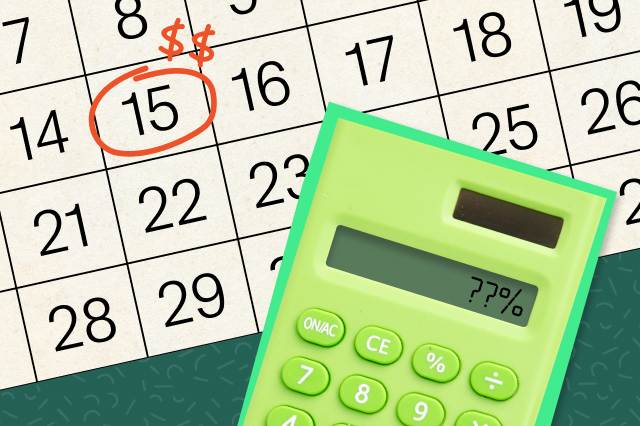Ways to grow your super
While you’re working, your super balance will grow through compulsory super contributions from your employer. But there are several other ways to grow your super, and some won’t cost you anything extra.
You may even be eligible for extra contributions from the government – here we explain.
Contribute extra money to your super
Employers are usually required to contribute 11% of their employees’ earnings before tax into super as Superannuation Guarantee contributions (as stated by the Australian Taxation Office).
On top of your employer contributions to your super fund, you can also make your own voluntary personal contributions too.
If you want to boost your retirement savings, there are a few ways you can add extra money to your super:
-
Voluntary contributions (after any tax deduction) – depending on your circumstances, you can add to your super from your take-home pay (known as non-concessional contributions) up to certain limits. The limit, known as a contribution cap is $110,000* per financial year. For those under 75 years of age, you maybe be able to make non-concessional after-tax super contributions up to 3 times the annual contributions cap in a single year. This is known as the “bring forward” option. If you exceed the cap for personal super contributions, you may be required to pay extra tax and penalties may apply.
-
Salary sacrifice contributions (before tax) – You can ask your employer to pay more of your pre-tax pay into your super account. As a type of “concessional contributions” (which includes Superannuation Guarantee contributions), these before-tax voluntary super contributions may help you save on tax while increasing your retirement savings at the same time. Contributions tax of 15% generally applies to these contributions (or up to 30% if your assessable income is more than $250,000). The yearly concessional contributions cap is $27,500 each financial year.
-
Spouse contributions (after tax) – if you or your partner (either a spouse or de facto) is earning a low income (up to $40,000 a year), you may consider making a voluntary after-tax contribution to top up their super. The higher-earning partner can generally make a contribution to their low-income earning partner’s super fund and claim a tax deduction of 18% on up to $3,000 through their tax return.
You can find out more about the types of contributions and how they are taxed at via the Australian Taxation Office (ATO).
Check if you’re eligible for government co-contributions
If your assessable income is less than $57,016 and make any personal, after-tax contributions to your super, the government will add money to your super too (known as a government co-contribution) up to a maximum of $500. The amount you get depends on your income and the amount you contribute. You don’t need to apply, you’ll automatically receive the payment when you do your tax return for the financial year. Note other eligibility rules apply such as age limits. More information can be found via the ATO.
If you earn less than $57,016 and make a personal, after-tax contribution to your super, the government will add money to your super too (known as a co-contribution) up to a maximum of $500.
Consolidate your super accounts
If you have more than one super account, you may be paying multiple fees and insurance premiums, and these may be eating away at your total super balance. You could consider consolidating your super contributions into one account to save on fees. Before rolling out of your super account, be mindful of any exit or withdrawal fees, tax implications or losing insurance coverage.
Find your lost super
If you’ve had more than one job, and haven’t specified which super fund you’d like your employer to contribute to, there’s a chance you may have multiple super accounts. It’s easy to check if you’ve got any lost super contributions. You can search online using myGov, call the lost super search line or ask your preferred super fund to check on your behalf.
This information is general in nature and provided for informational purposes only. It is not intended to be used as investment or financial advice and does not take into account your personal financial situation, objectives or needs. You should consider obtaining financial advice that is tailored to suit your personal circumstances before making an investment decision or switching your super. Please read the Financial Services Guide and the relevant Product Disclosure Statement(s) and Target Market Determination as well as other important documentation available on our website for information about our products.
*Since 1 July 2022.



